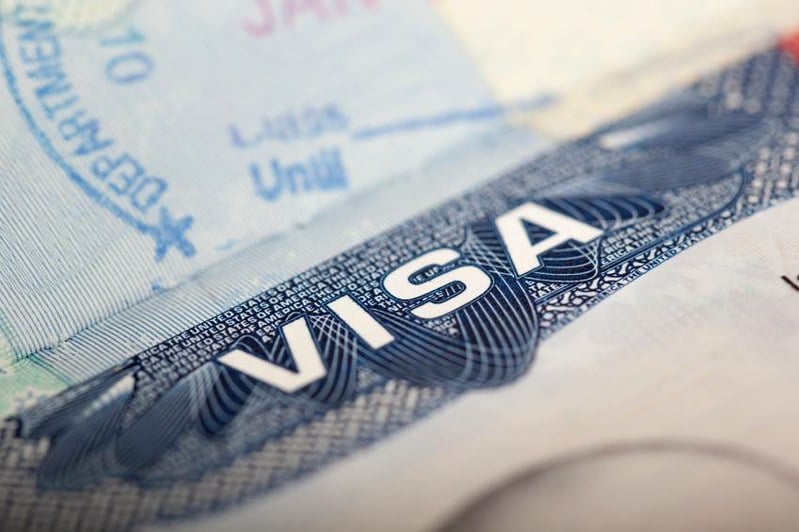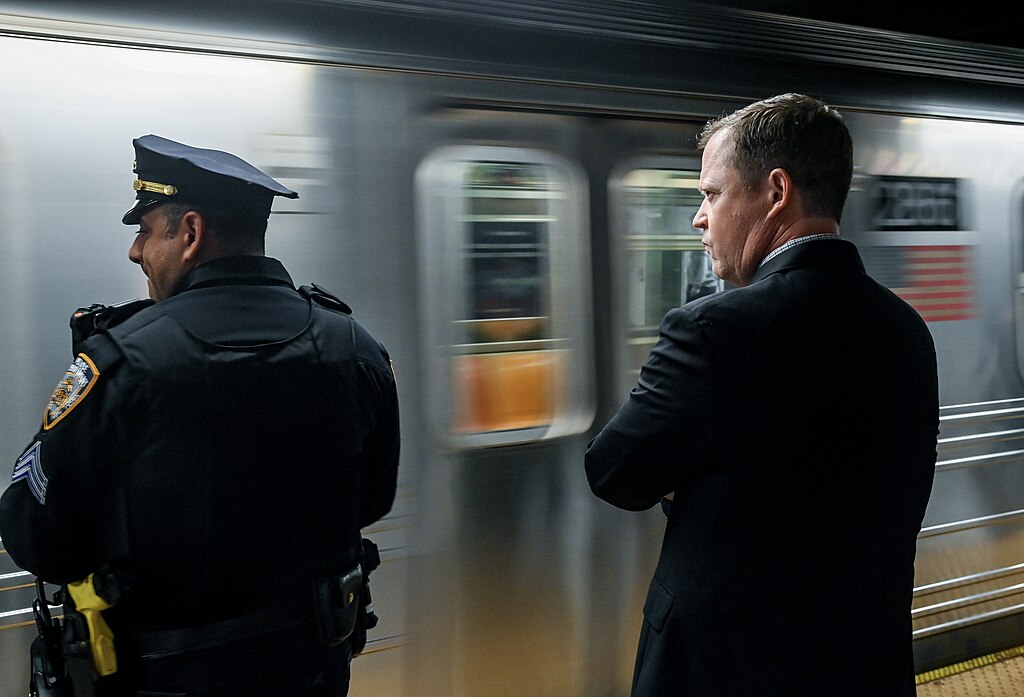The White House has cleared a proposed rule that would change how H-1B work visas are given out, replacing the current random lottery with a system that favors higher-paid and more educated workers. The Office of Information and Regulatory Affairs (OIRA) completed its review on August 8, 2025, paving the way for the rule to be published in the Federal Register.
The proposed change would create a “weighted selection process” for the 85,000 H-1B visas available each year. These visas let foreign workers with specialty skills work in the U.S. and are heavily used by tech companies.
While the Department of Homeland Security hasn’t released the exact details, the rule is expected to prioritize visa applicants based on their salary levels and possibly their education. This approach resembles a 2021 Trump administration plan that would have ranked H-1B applications by wage levels, starting with the highest paid workers.
The Institute for Progress estimated eliminating the lottery could increase program value by about 88% if ranked by compensation, while ranking by seniority could yield around 48%.
For tech workers on H-1B visas, the stakes are high. Many describe a mix of opportunity and anxiety while working in the U.S. on these temporary visas.
“The H-1B visa has allowed me to continue my work in the U.S., but the biggest issue is the psychological toll,” said Pushkar Singh, a 31-year-old staff engineer at Google who has been on an H-1B visa for nearly seven years. “You’ve contributed so much in work and taxes, but if you’re laid off, you only have 60 days to find a new job.”
The current H-1B program has been criticized from multiple angles. Some argue it displaces American workers, while others point to the uncertainty it creates for visa holders themselves. Big tech companies like Amazon, Meta, Google, and Apple receive large numbers of these visas annually and can pay top salaries – sometimes as much as $500,000 – to secure foreign talent.
Similar Posts
For the roughly 85,000 workers selected each year, the visa offers both opportunities and limitations. Indian nationals working in computer-related roles have made up the largest group of H-1B recipients over the past decade, according to U.S. Citizenship and Immigration Services.
Before the rule becomes final, it must be published in the Federal Register, followed by a 30-60 day public comment period. After reviewing comments, the Department of Homeland Security will decide whether to move forward with a final rule.
If the rule follows its expected timeline, it might first affect the fiscal year 2027 H-1B cap season, with registration happening around March 2026. However, this could change based on the public comment process and potential legal challenges.
The proposed change comes as USCIS recently announced it has already received enough petitions to meet both the regular cap of 65,000 visas and the additional 20,000 visas reserved for those with advanced U.S. degrees for fiscal year 2026.
For employers and visa applicants waiting to see how these changes might affect them, immigration attorneys advise staying informed about the upcoming Federal Register publication, which will provide the first detailed look at how the new weighted selection process might work.



















